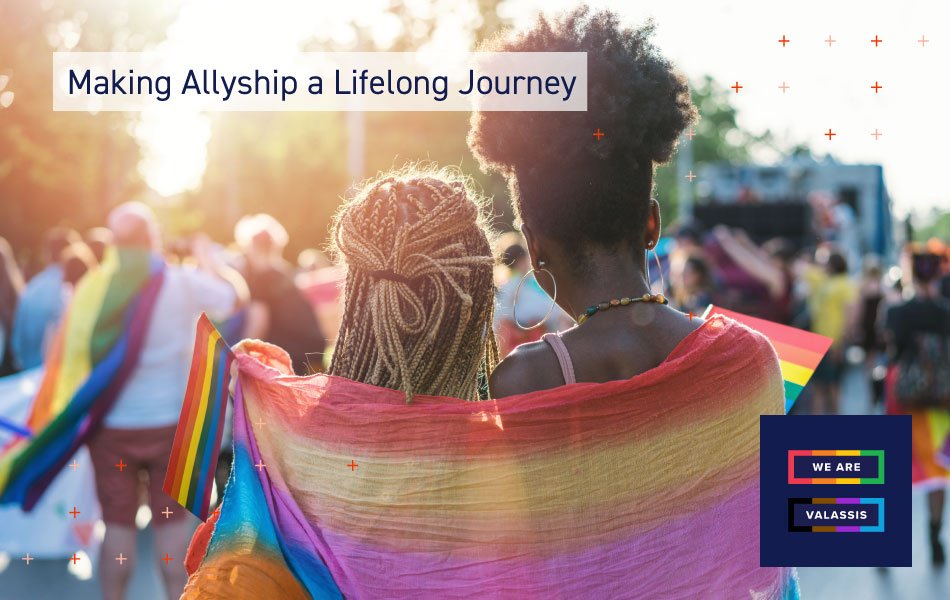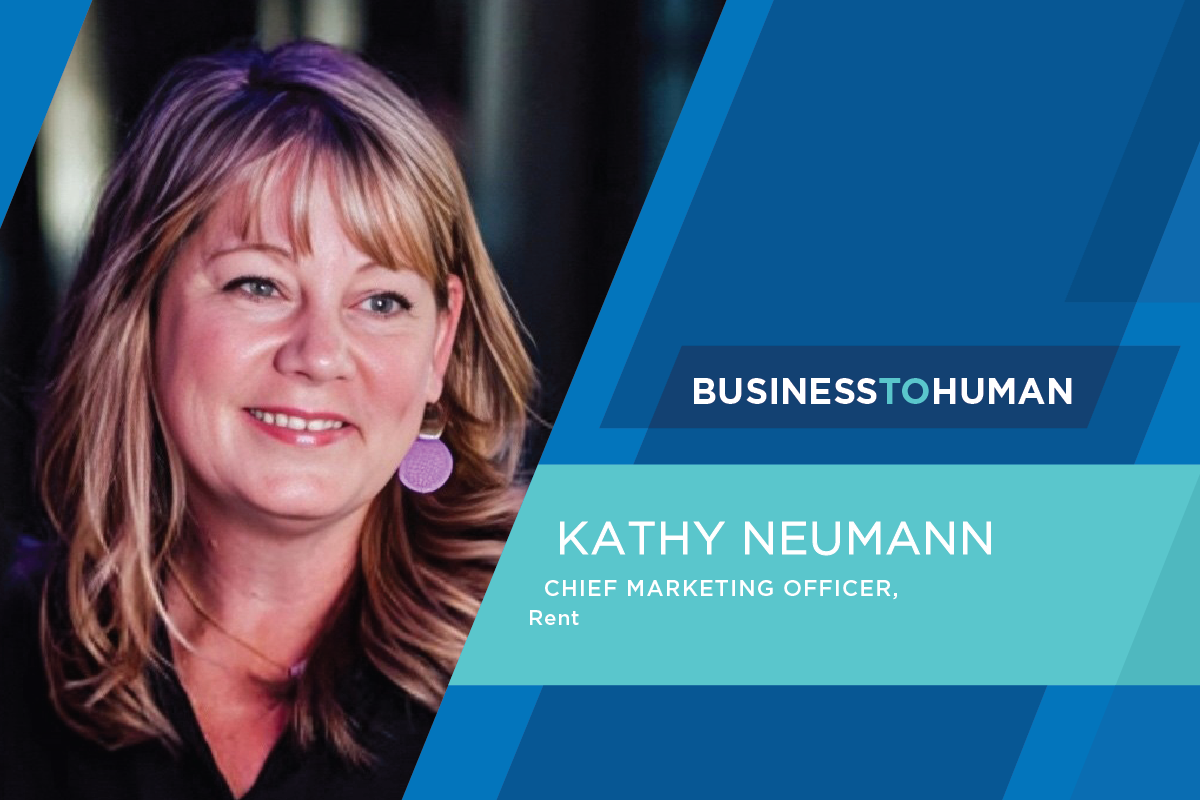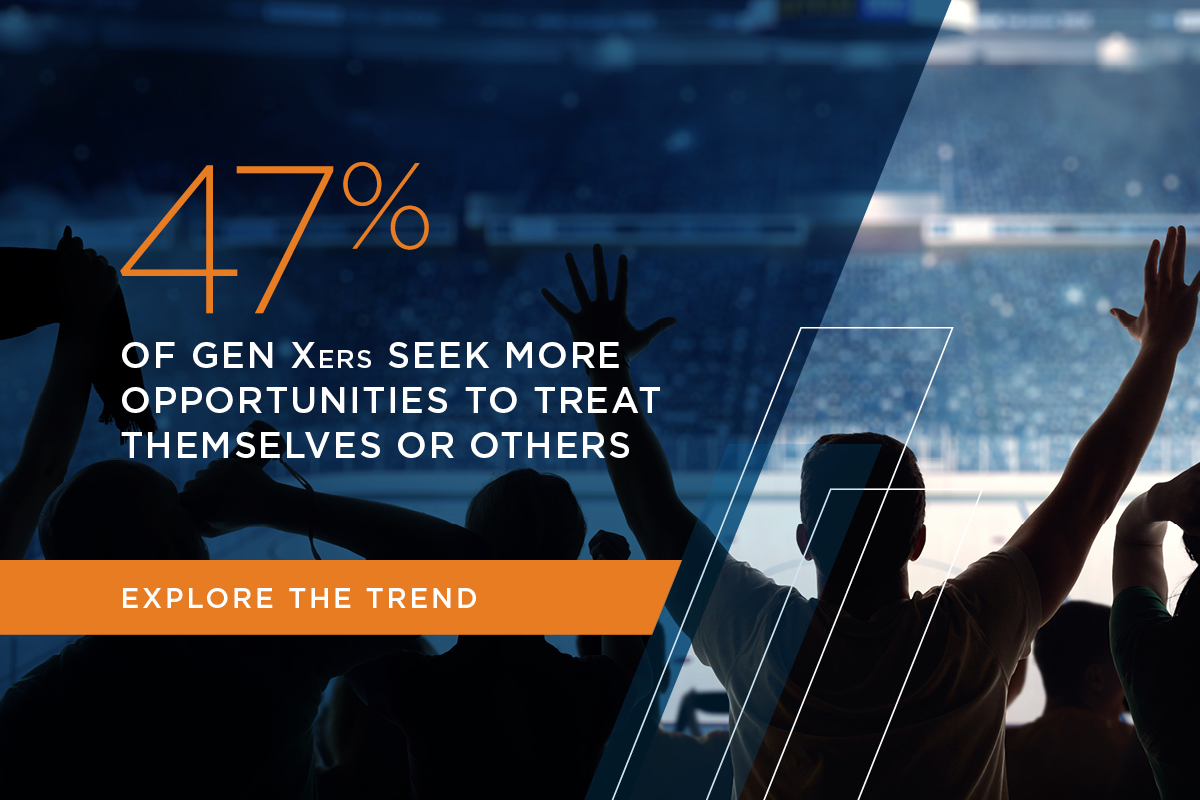Summary
As we wind down our Pride Month celebration this June, having allies – and being an ally – is more important than ever. It’s a tumultuous time for the country, and the world overall, but life has been particularly difficult for the marginalized people still fighting the seemingly never-ending battle for equality.
Although this month is typically focused on LGBTQ+ folks of all races, this year we have an urgent need to amplify the voices of LGBTQ+ people of color. It is their personal stories of inequality that need to be heard right now by empathetic listeners who are ready to join together in the struggle toward social justice.
It is important to remember that the origin of Pride celebrations every June is rooted in the Stonewall Riots of 1969, when the LGBTQ+ community struck back against an unjust law enforcement structure that criminalized people for who they were and who they loved. Given the parallels between that historic moment and today’s protests against social injustice – along with recognizing that the Stonewall Riots were famously led by trans women of color – it should be clear that those who fight for racial equality and those who fight for LGBTQ+ rights are natural allies.
In that light, with the caveat that this is from the perspective of a white gay cisgender man, I wanted to share a few of my personal takeaways from Pride 2020:
Educate Yourself
Despite all of the pain that people are feeling right now, the thing that makes me truly optimistic for our future is the way people of privilege in this moment are willing to learn about the experiences of their marginalized friends and colleagues (perhaps for the first time). Though many don’t know exactly what to say or how to say it yet, the positive intention and will to do better is there.
For example, at Valassis, we recently hosted an educational webinar titled “Transgender & Gender Nonconforming Essentials” facilitated by a brilliant Black trans woman from Howard Brown Health in Chicago. Similarly, we also hosted forums centered on how to be a better ally and moderated multiple “Courageous Conversation” gatherings where our colleagues of color shared intimate personal experiences about how racism has impacted their own lives and those of their families. The positive feedback from these well-attended events has been overwhelming and many colleagues said these were the most eye-opening and honest conversations they have ever had in a work environment.
However, the onus doesn’t just fall on employers – or our Black and gay friends – to foster the dialogue, or provide the podium. Between an increasing number of streaming video services, podcasts, books, and activists on social media and beyond, there are many ways we can be proactive in educating ourselves. Here are a few of my recent favorites:
“13th”: This Netflix documentary puts the 13th Amendment under a microscope to explore how its abolishment of slavery gave clearance for racist law enforcement practices and mass incarceration protocols that still exist day.
“Disclosure”: In this Netflix documentary, leading trans creatives and thinkers share heartfelt perspectives and analysis about representation and Hollywood’s impact on the trans community.
“Pod Save The People”: Hosted by DeRay Mckesson, this weekly podcast explores news, culture, social justice, and politics with a special focus on overlooked stories and topics that often impact people of color.
“I Am Not Your Negro”: James Baldwin is an icon in the black and gay communities (and a personal hero of mine). This documentary provides a comprehensive look at his journey through his writings, speeches, and nationally televised interviews, while also exploring racism in the U.S. through the stories of Medgar Evers, Malcolm X, and Martin Luther King Jr.
“White Fragility: Why It’s So Hard for White People to Talk About Racism”: This New York Times best-selling book by Robin DiAngelo explores the counterproductive reactions many white people have when their assumptions about race are challenged, and how these reactions maintain racial inequality.
Let Your Money Talk
Educating yourself goes beyond a list of resources. It is also critically important to do your own research to make sure the businesses you buy from, the politicians you vote for, and organizations you support are properly aligning with your own values.
Additionally, you can be an advocate for positive change by being proactive in addressing economic and social inequalities. This includes going out of your way to support businesses owned by underrepresented and marginalized communities. RetailMeNot highlighted this in a recent blog post about Black-led businesses and another about queer-led ones.
Be an ACTIVE Ally
Now more than ever, being an ally isn’t just about recognizing oppression and learning about its origins. The strongest allies internalize the injustices put upon marginalized groups in our society and make the struggle for equality their own personal struggle. As MLK put it, “Injustice anywhere is a threat to justice everywhere.”
With the increased visibility of emboldened hate groups in our country, along with an uptick in racist and transphobic violence, we have to make sure that we don’t let even the most casual or half-joking bigoted comments fly freely without calling them out. As a gay white man, some white folks may think it is alright to denigrate other races or say something misogynistic in front of me because we share “whiteness” or “maleness” together. And I am not proud to say it, but there have been instances in my life where I didn’t speak up because it was safer and more comfortable to do nothing. And I wouldn’t be surprised if a gay joke followed once I left the room. It’s in those small moments of “othering” people of different races, genders, orientations, etc. where you find the building blocks of a toxic culture and perpetuate the larger systemic inequalities in our society. Don’t be complicit.
Show Your Pride All Year Long
Being an ally cannot begin and end with Pride Month. June is a fun time to go to parades and celebrations with gay friends, but support for the LGBTQ+ community needs to be a 24/7/365 mindset – especially when it’s not easy or personally beneficial.
On a similar note, being an ally for racial equality cannot be confined to Black History Month. Particularly in this moment, it is critical to be an advocate for anti-racism when many white folks are analyzing their own privilege for the first time. Even if you’re scared of saying the wrong thing, now is the time to be vulnerable and have an honest conversation about the impacts of racism in our country.
At the beginning of the year, I didn’t expect to kick off Pride Month in Chicago at a peaceful protest in Uptown condemning the murder of Breonna Taylor. And I didn’t expect to end the month at a Black Trans Lives Matter march on the last Sunday in June (typically reserved for the LGBTQ Pride Parade). But this is what the moment called for.
Pride is having the courage to show the world your true self and proving that you deserve the same dignity and respect as anyone else. Pride Month is a time to come together as a community to show support for each other, bring awareness to our causes, and to continue educating one another until our march toward social justice includes every single person.
June may be over – but let’s keep the momentum going.
Brian Hull is director of sales strategy, Valassis media services and executive sponsor of its LGBTQIA+ business resource group. Hull also currently serves as a board director of the Chicago Gay Hockey Association.



